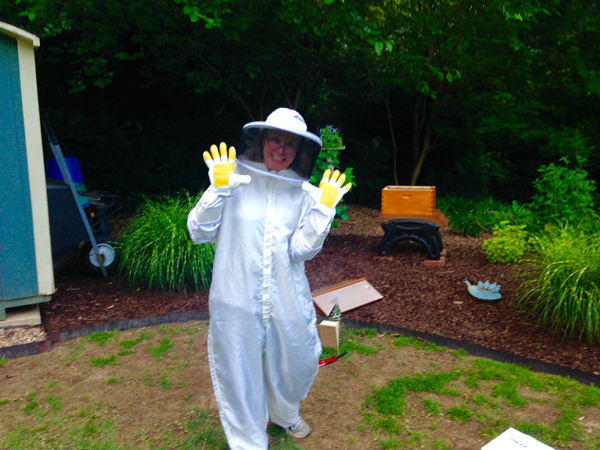

Dr. Wade enjoyed her first beekeeping experiences alongside her grandfather when she was growing up in West Virginia. “He always had bees throughout my childhood, and while I’m not really the biggest fan of honey, I know that we need bees; there are so many things that they do for the ecosystem and our food supply,” she says. “I’m trying to be a good keeper of the bees.”
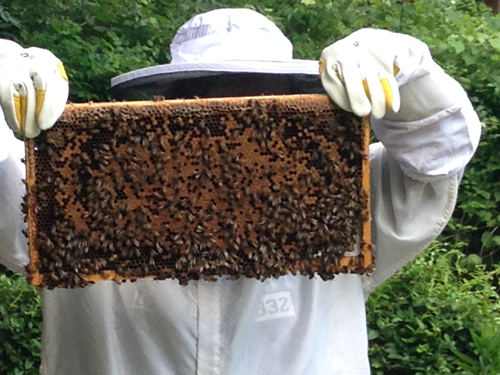

Dr. Wade and her husband started beekeeping about two years ago, and contrary to what many think, beekeeping doesn’t require a large farm property. Dr. Wade keeps her bees, a strain of Russian bees, right in her suburban backyard. She keeps up with how to best care for them as a member of the Memphis Area Bee Keepers Association. “There are 200 people at every meeting—all ages and from all walks of life,” she says. “We’re all doing different things in our day jobs, but we’re making an effort to protect and care for bees.”
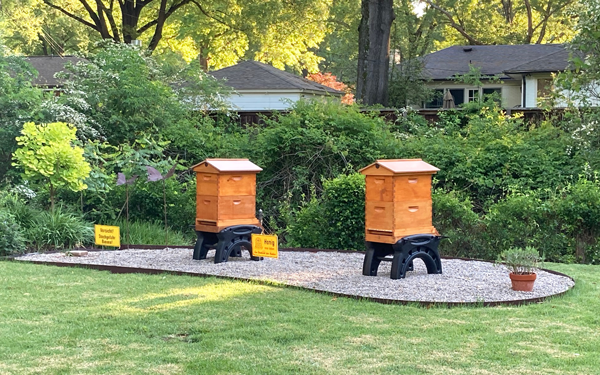

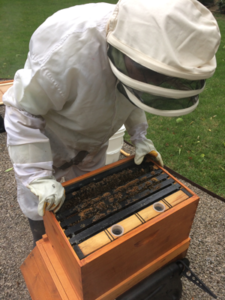

Dr. Wade gives away her honey to friends and family, branding her honey jars with labels proudly sharing her brand name: The Bee Bitch. “A significant number of members of our bee club sell commercially, but I do it for the fun of it,” Dr. Wade says. “It’s something enjoyable that my husband and I can do together.” She say that it’s been fascinating to learn more about bee behavior, how they communicate with one another and how the hive is managed.
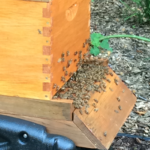

“You think of bees as something to be afraid of; that you’d run away from, but it’s ironic because watching them can be the most calming experience,” she says. “It’s fascinating to watch how they work as a society where all the work—from gathering pollen and nectar, forming comb, caring for the brood and maintaining the hive—is done by female bees. I could sit in my yard and watch them all day.”
